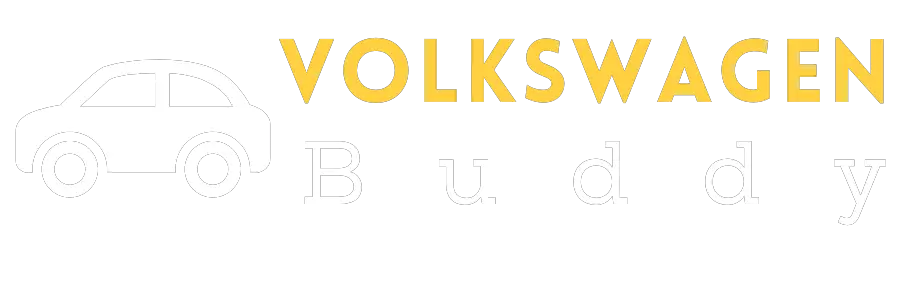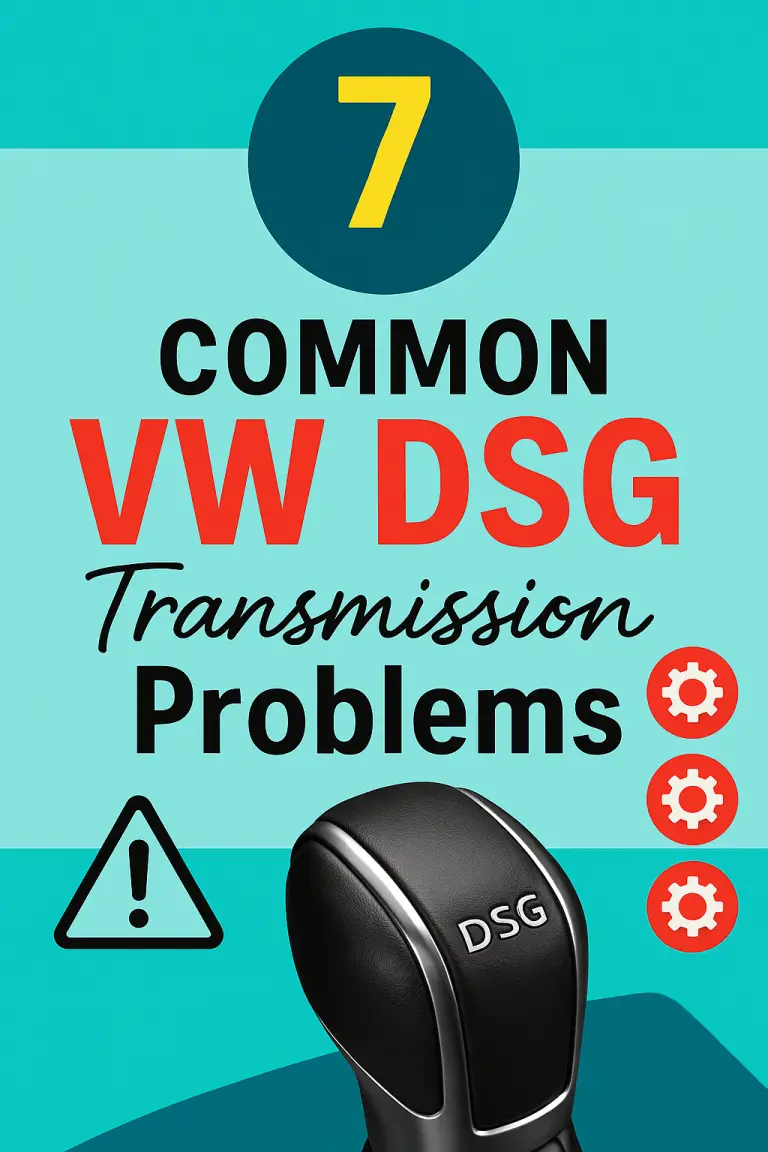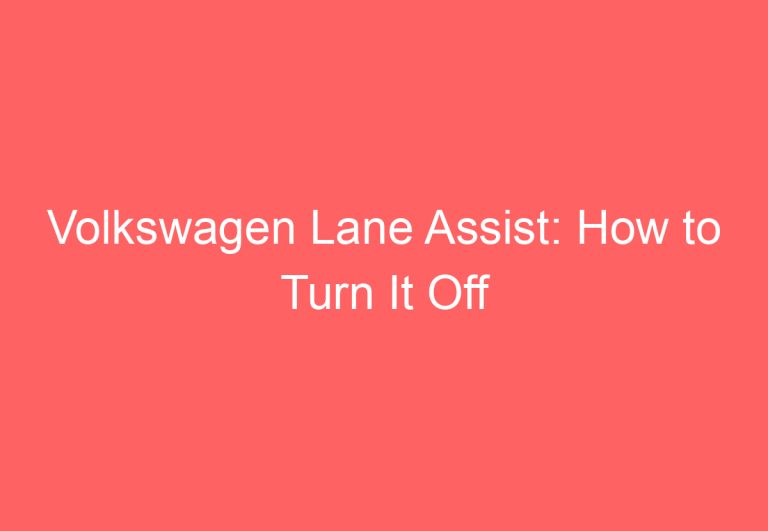Volkswagen Beetle Engine Codes [Elaborated]
Are you ready to unlock the hidden secrets of As a skilled and highly qualified Volkswagen technician
you’re about to embark on a fascinating journey into the heart of these iconic vehicles. Engine codes are like unique fingerprints
revealing the story of each Beetle’s powerplant. From the legendary air-cooled classics to the modern turbocharged marvels
understanding these codes is key to unlocking the full potential of these remarkable machines. So
fasten your seatbelt and get ready to delve into the captivating world of .
So Volkswagen Beetle Engine Codes
Volkswagen Beetle Engine Codes
The Volkswagen Beetle has a variety of engine codes, which can be used to diagnose problems with the engine. These codes are displayed on the car’s dashboard, and they can be interpreted using a Volkswagen Beetle engine code decoder.
Some of the most common Volkswagen Beetle engine codes include:
P0300: Random misfire
P0301: Cylinder 1 misfire
P0302: Cylinder 2 misfire
P0303: Cylinder 3 misfire
P0304: Cylinder 4 misfire
If you see any of these codes on your dashboard, it is important to take your car to a Volkswagen Beetle service center for diagnosis and repair.
Volkswagen Beetle Engine Codes
The Volkswagen Beetle is a rear-engined, air-cooled car that was produced by Volkswagen from 1938 to 2003. It is one of the most iconic cars in history, and has been produced in over 21 million units. The Beetle was powered by a variety of engines over its long production run, and each engine had its own unique code.
Engine Codes
The Volkswagen Beetle engine codes are typically four letters long, and they can be used to identify the engine type, displacement, and other specifications. The first letter of the code indicates the engine type, and the second letter indicates the displacement. The third and fourth letters are typically used to identify the engine’s specific features.
Engine Types
The Volkswagen Beetle was powered by a variety of engine types over its long production run, including:
Air-cooled flat-four engines (1938-2003)
Water-cooled flat-four engines (1998-2003)
Diesel engines (1970-1979)
Engine Displacements
The Volkswagen Beetle was powered by engines with a variety of displacements, including:
1.1-liter (1938-1967)
1.2-liter (1967-1971)
1.3-liter (1971-1979)
1.6-liter (1979-1998)
1.8-liter (1998-2003)
Engine Features
The Volkswagen Beetle engine codes can also be used to identify the engine’s specific features, such as:
Fuel injection
Turbocharging
Multi-valve heads
Variable valve timing
Conclusion
The Volkswagen Beetle engine codes are a valuable resource for identifying and understanding the different engines that were used in the Beetle. By understanding the engine code, you can learn about the engine’s type, displacement, and other features.
Also Read: Volkswagen Vin Decoder Engine Code
FAQs: Volkswagen Beetle Engine Codes
What is a Volkswagen Beetle engine code?
A Volkswagen Beetle engine code is a unique alphanumeric identifier that is assigned to each engine produced by Volkswagen. The code consists of six characters, and it can be used to identify the engine’s type, displacement, and other specifications.
How do I find my Volkswagen Beetle engine code?
The Volkswagen Beetle engine code is usually located on a sticker or plate on the engine block. It can also be found in the owner’s manual or on the vehicle’s VIN plate.
What do the different Volkswagen Beetle engine codes mean?
The first character of the Volkswagen Beetle engine code indicates the engine’s type. The following characters indicate the engine’s displacement in cubic centimeters. The final character indicates the engine’s year of production.
What are the different types of Volkswagen Beetle engines?
Volkswagen has produced a variety of engines for the Beetle over the years. Some of the most common engine types include the 1.2L, 1.6L, and 2.0L.
What is the best Volkswagen Beetle engine?
The best Volkswagen Beetle engine is the one that is best suited for your needs. Some factors to consider when choosing an engine include your budget, driving style, and intended use for the vehicle.

![2010 Volkswagen Routan Egr Shuts Vehicle Off [Reasons & Fixes]](https://volkswagenbuddy.com/wp-content/uploads/2024/05/2010-volkswagen-routan-egr-shuts-vehicle-off-reasons-fixes_4524-768x531.jpg)
![Volkswagen Jetta Keyless Entry Not Working [Causes & Proven Fixes]](https://volkswagenbuddy.com/wp-content/uploads/2024/05/volkswagen-jetta-keyless-entry-not-working-causes-proven-fixes_3899-768x531.jpg)



![2010 Volkswagen Cc 2.0 Oil Pam Sensor Block Off [Fixed]](https://volkswagenbuddy.com/wp-content/uploads/2024/05/2010-volkswagen-cc-2-0-oil-pam-sensor-block-off-fixed_4519-768x531.jpg)